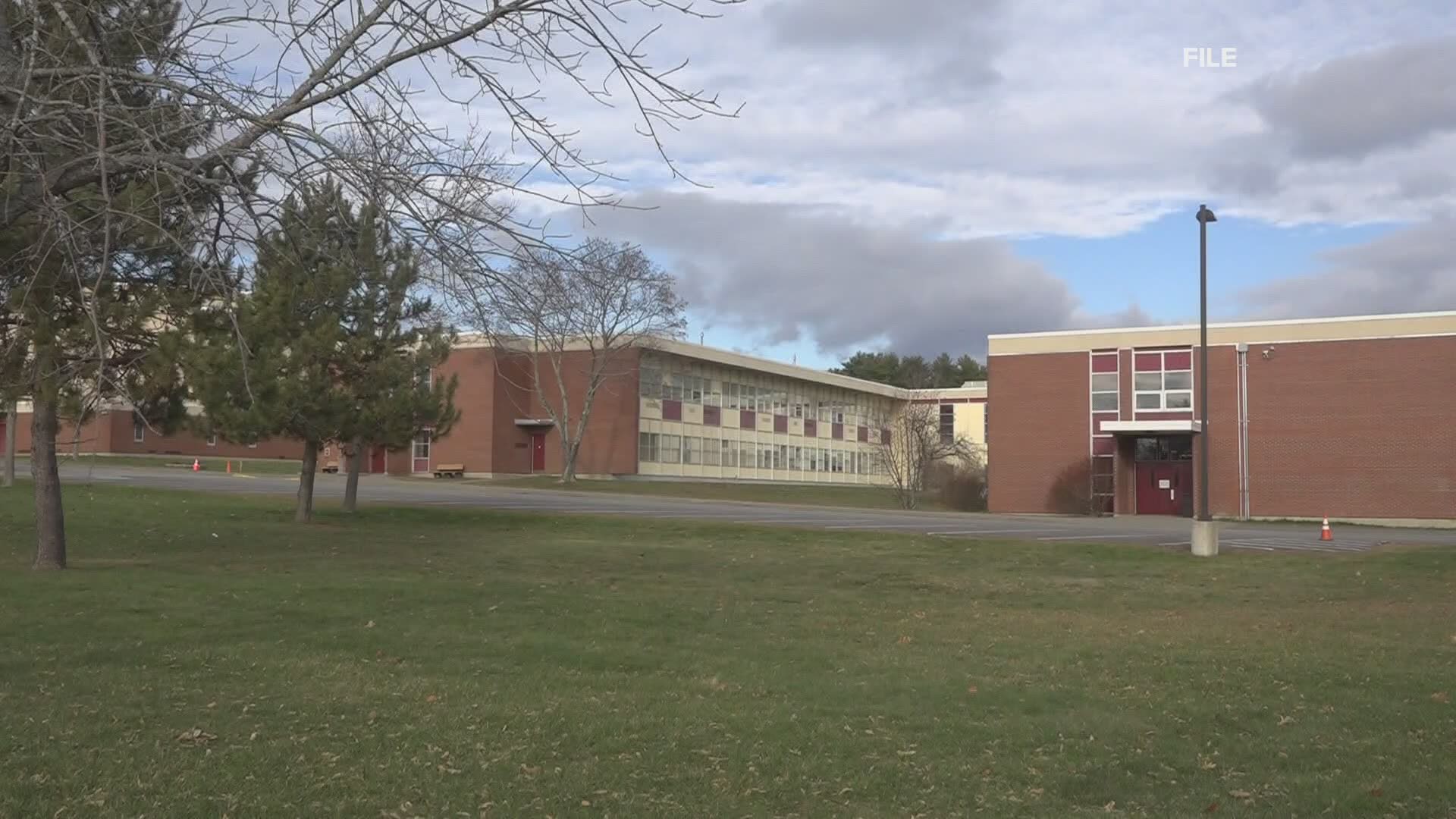BANGOR, Maine — Ransomware attacks have become a hot-button issue nationwide due to recent high-profile attacks on the world's largest meat-packing company and biggest U.S. fuel pipeline. These have caused some Mainers to wonder what efforts are being made here at home to protect their personal information. For local governments and school districts, the threat is very real. In the past, hackers have breached computer systems in Maine cities.
Fred Kahl is the head of the Information Technology (IT) Department for the city of Augusta. He oversees cybersecurity for both the city and the school department. Three years ago they were hit with a cyberattack.
“We had ransomware occur out of our dispatch center, police department,” Kahl told NEWS CENTER Maine. “They ended up in the city and closed stuff down for about four days.”
Kahl says the school system wasn’t impacted by the attack.
“Our network is segmented into work areas and students have their own area in Google classroom… so most of what they do is in the cloud, not the city/school system,” Kahl explained.
Kahl said the city was prepared for this kind of assault on their system and is better equipped to handle the next one.
“We did not pay the ransom, we did have good backups, so we just erased everything and reinstalled from the backups,” he said.
In the town of Lubec, a similar approach is being taken to ensure town officials always have access to important data. Lubec town administrator Renee Gray told NEWS CENTER Maine she’s confident they would be able to recover from a ransomware attack.
“We backup on a nightly basis,” Gray explained. “If [hackers] were to corrupt a computer or all eight of our computers, we [have a spare] laptop. We got some measures in place that could keep us in business.”
Gray thinks it could take a day for the town to get back up and running after such a breach.
Over at the Bangor School Department, the recent rise in ransomware attacks has Interim Superintendent Kathy Harris-Smedberg and her IT department on high alert.
“Anytime we’re working with student information we’re always concerned,” Harris-Smedberg shared. “We want to make sure that we do our diligence and make that type of information very difficult to get to. We are cautiously optimistic that we are providing safeguards so we would not be in a difficult situation like that.”

